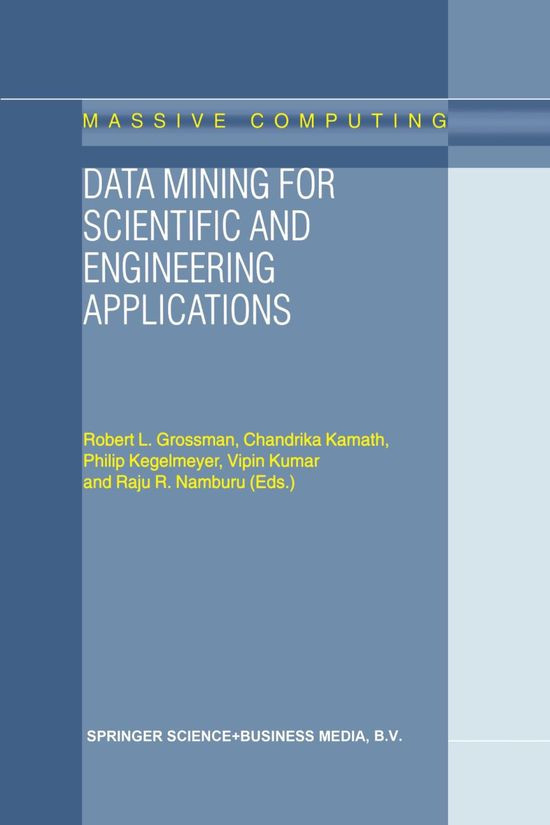

Most ebook files are in PDF format, so you can easily read them using various software such as Foxit Reader or directly on the Google Chrome browser.
Some ebook files are released by publishers in other formats such as .awz, .mobi, .epub, .fb2, etc. You may need to install specific software to read these formats on mobile/PC, such as Calibre.
Please read the tutorial at this link: https://ebookbell.com/faq
We offer FREE conversion to the popular formats you request; however, this may take some time. Therefore, right after payment, please email us, and we will try to provide the service as quickly as possible.
For some exceptional file formats or broken links (if any), please refrain from opening any disputes. Instead, email us first, and we will try to assist within a maximum of 6 hours.
EbookBell Team

4.0
76 reviewsAdvances in technology are making massive data sets common in many scientific disciplines, such as astronomy, medical imaging, bio-informatics, combinatorial chemistry, remote sensing, and physics. To find useful information in these data sets, scientists and engineers are turning to data mining techniques. This book is a collection of papers based on the first two in a series of workshops on mining scientific datasets. It illustrates the diversity of problems and application areas that can benefit from data mining, as well as the issues and challenges that differentiate scientific data mining from its commercial counterpart. While the focus of the book is on mining scientific data, the work is of broader interest as many of the techniques can be applied equally well to data arising in business and web applications.
Audience: This work would be an excellent text for students and researchers who are familiar with the basic principles of data mining and want to learn more about the application of data mining to their problem in science or engineering.